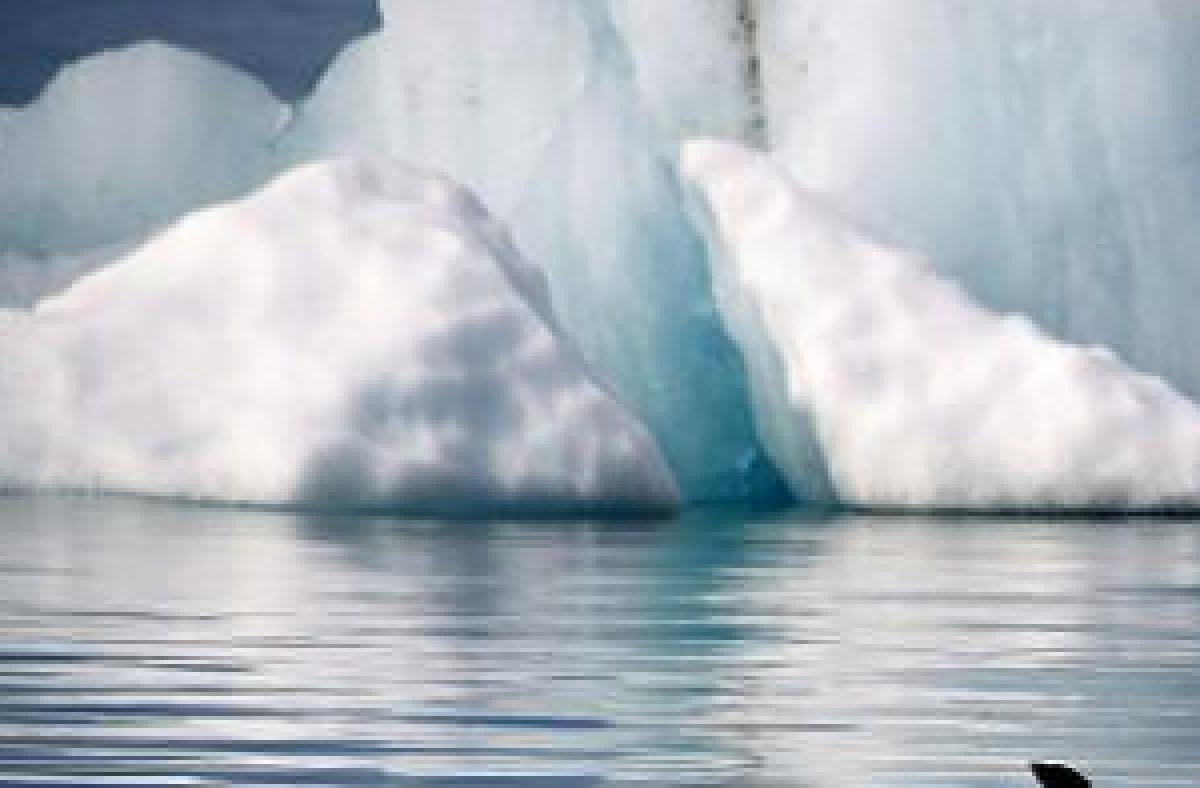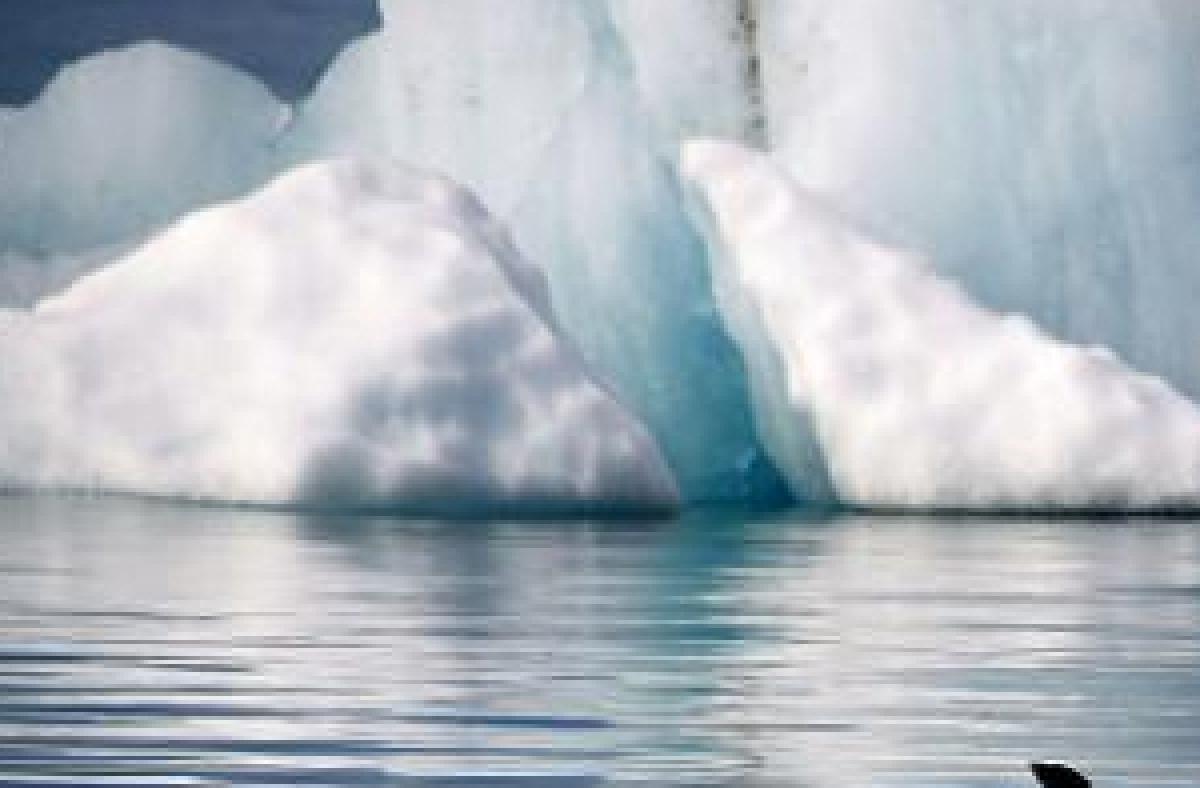Live
- MP Vamshi meets UM Ram Mohan Naidu
- Occult rituals panic Nandyal locals
- First virtual classroom starts in Kurnool
- Ex-CM expresses pain over factionalism in State BJP
- Hyderabad 365th most polluted global city
- Govt neglecting education sector: Former MLA
- CUAP students win in sports & games meet
- Kurnool youth selected for national-level basketball championship
- YSRCP lambasts TDP alliance government
- Prepare master plan for Srisailam temple, Collector orders officials
Just In

Ice Loss Causing Imbalance Of Glaciers Which Are Melting Faster Than Ever. The intense ice loss of the past two decades has resulted in a strong imbalance of glaciers in many regions of the world, says an alarming study, indicating that glaciers will suffer further ice loss even if the climate remains stable.
 London: The intense ice loss of the past two decades has resulted in a strong imbalance of glaciers in many regions of the world, says an alarming study, indicating that glaciers will suffer further ice loss even if the climate remains stable.
London: The intense ice loss of the past two decades has resulted in a strong imbalance of glaciers in many regions of the world, says an alarming study, indicating that glaciers will suffer further ice loss even if the climate remains stable.
"The observed glaciers currently lose between half a metre and one metre of its ice thickness every year. This is two to three times more than the corresponding average of the 20th century,” explained Michael Zemp, director of the World Glacier Monitoring Service at University of Zurich, Switzerland, and lead author of the study.
Exact measurements of this ice loss are reported from a few hundred glaciers only.
"However, these results are qualitatively confirmed from field and satellite-based observations for tens of thousands of glaciers around the world,” he added.
According to the team, the current rate of glacier melt is without precedence at global scale, at least for the time period observed and probably also for recorded history.
In addition, the study shows that the long-term retreat of glacier tongues is a global phenomenon.
Glacier tongues in Norway have retreated by some kms from its maximum extents in the 19th century.
The World Glacier Monitoring Service has compiled worldwide data on glacier changes for more than 120 years.
It just published a new comprehensive analysis of global glacier changes in the Journal of Glaciology.
In this study, observations of the first decade of the 21st century (2001-2010) were compared to all available earlier data as well as to reconstructions from pictorial and written sources.

© 2024 Hyderabad Media House Limited/The Hans India. All rights reserved. Powered by hocalwire.com







